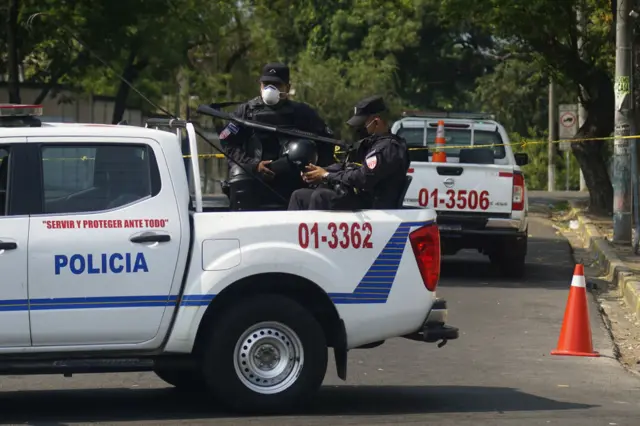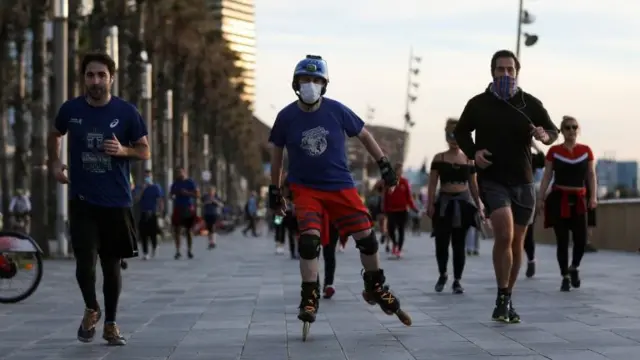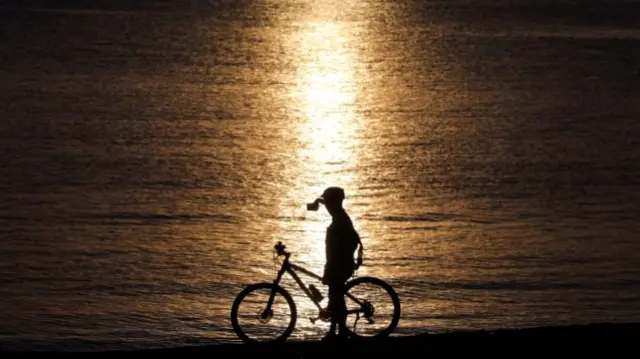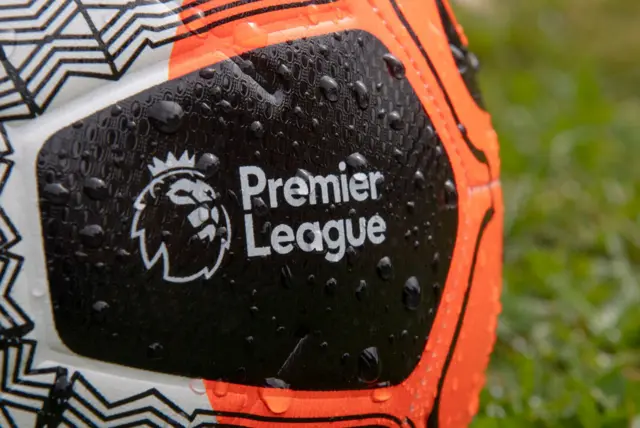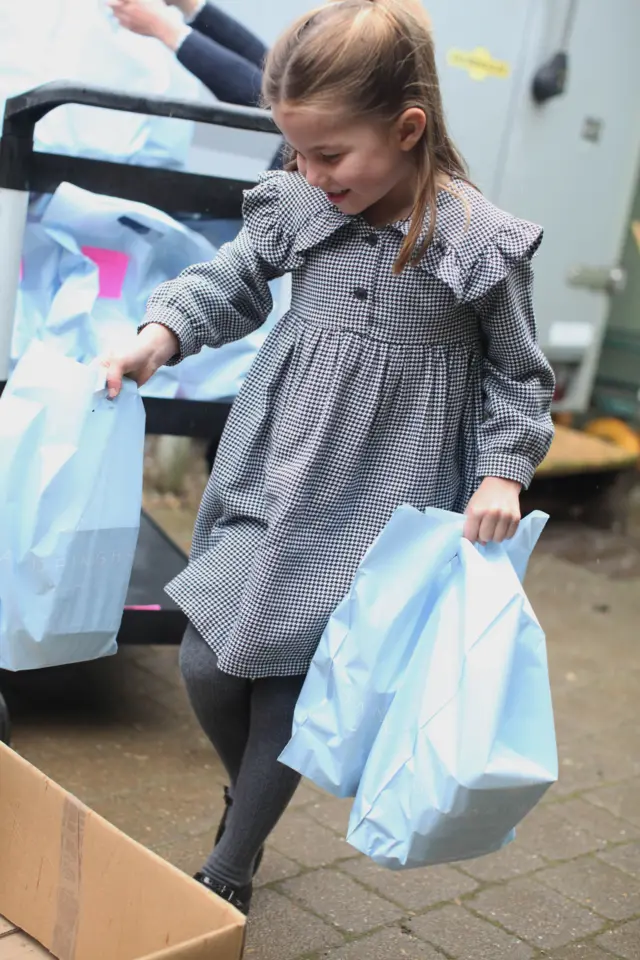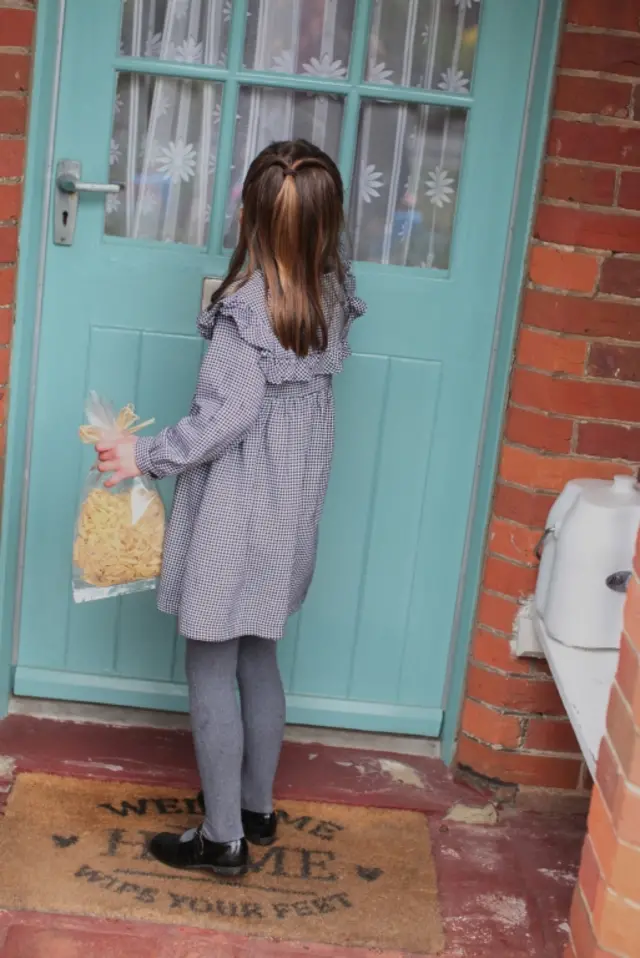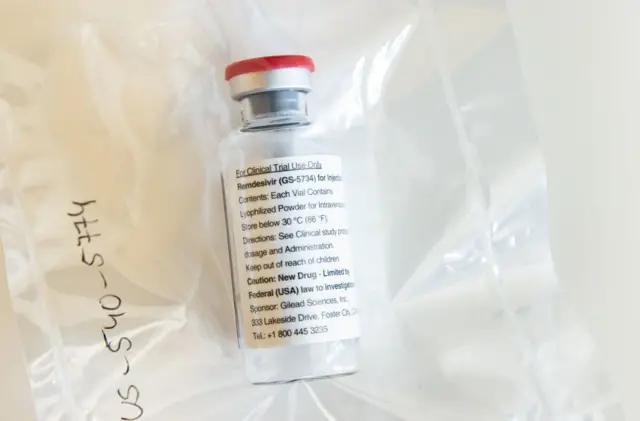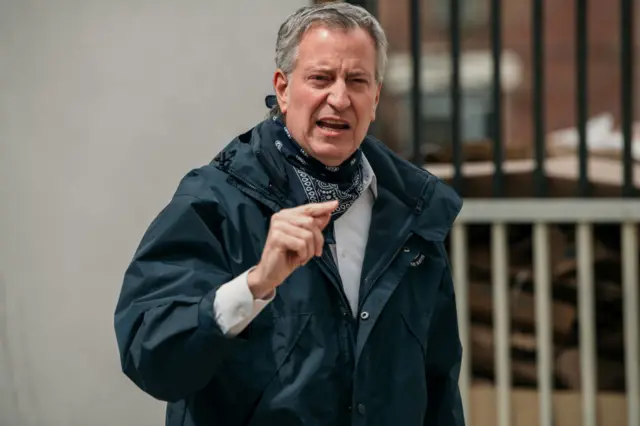122,000 testing figure includes 40,000 home kitspublished at 09:09 BST 2 May 2020
The UK's 122,347 testing figure on 30 April includes more than 40,000 tests dispatched to people's homes, the government's testing co-ordinator has said.
Professor John Newton told BBC Radio 4's Today programme that about 80,000 tests were carried out in laboratories.
The UK government said it had met its 100,000 testing target by the end of April, but concerns were raised that the government had been creative with its counting.
“It’s a big number, however you count it. And we don’t want to get too hung up on the target… but what really matters is we’ve got substantial capacity,” Prof Newton said.
“What we need to do now is decide how to use it best to really get on top of the virus.”
He added: “You can count tests when they go out or when they come back in. Whichever way you do it, we still beat the target.”
